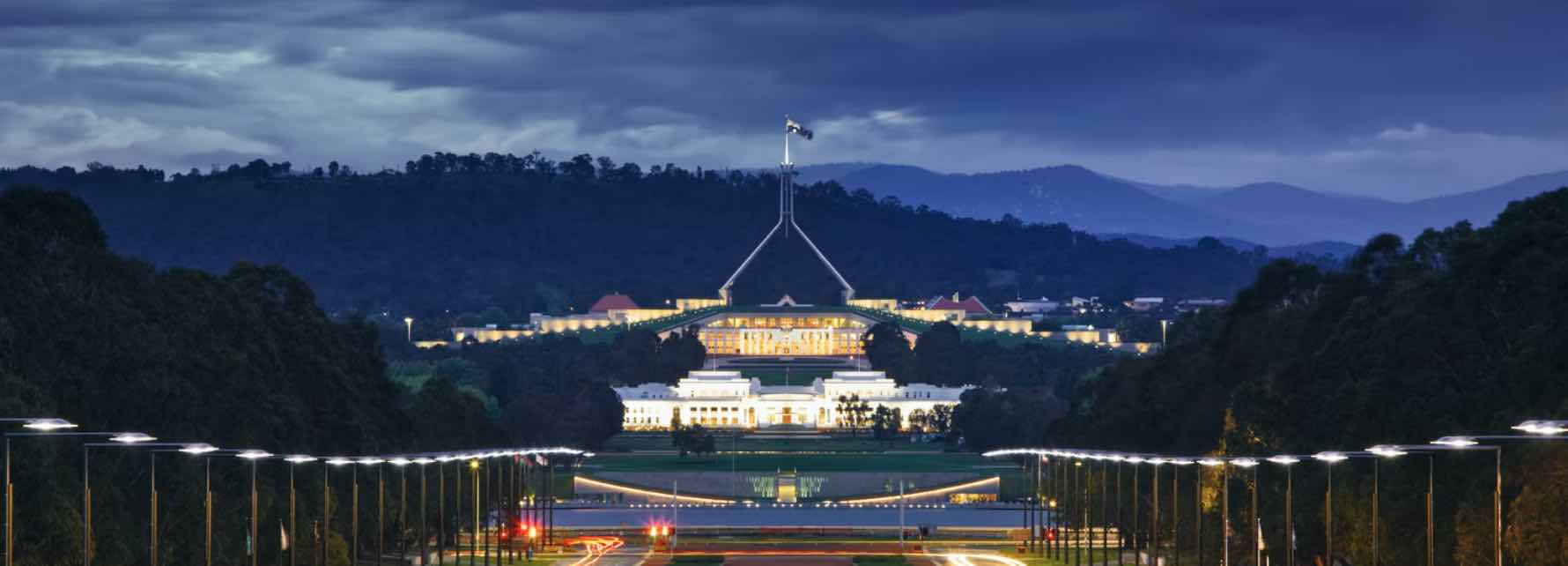-
The Australian Federal election has delivered a change in government. Unlike votes we have seen in other countries in the past five years, this isn’t an outcome likely to shock expectations or financial markets.
{CF_IMAGE}
Cost of living issues will continue to dominate the economic agenda in the short term. Policy overstimulated, inflation has surprised, and consequently policy needs to tighten quickly to catch up. It also reminds us why history has taught us to fear inflation — it’s a wily adversary.
"Of the policy positions discussed during the election, two are of particular interest economically: the labour market and climate."
At the same time as the Reserve Bank of Australia is trying to close an unprecedented gap between current policy settings and where they should be, the debate about the operation of monetary policy in Australia will get more form. The Labor Party first argued for a review of the Reserve Bank of Australia, and we expect to see more detail about that over the remainder of 2022.
Of the policy positions discussed during the election, two are of particular interest economically: the labour market and climate.
The Labor government has said they will argue for a higher minimum wage increase than the previous government. Labor also plans increased regulation in several areas – around casual work and wage equity, for example.
{CF_VIDEO}
On climate, Labor has a larger 2030 carbon reduction target, and is likely to have stronger sectoral policy approaches, such as around the take-up of electric vehicles. The national debate on climate has moved a long way in the last couple of years; and more policy detail is likely over the next couple.
Labor has foreshadowed larger budget deficits over the next few years than the previous government, but from a macroeconomic perspective I don’t think the differences are meaningful.
Whichever party won government the deficit was going to stay wide, spending high, and government spending contributing to economic activity at a time the RBA is working intensely to pull it back.
Things have changed
The Australian electorate, like several others worldwide, has become increasingly polarised, more uncertain about major parties, and the nature of stratification within the electorate seems to be changing - all at the same time!
In several other countries, including the United States, United Kingdom and France, the political nexus is shifting from labour versus capital towards something different - more of an urban/higher educated vs rural/perhaps less educated split.
In this election these changes have tended to narrow the stated differences between the parties, rather than widen them, as has sometimes occurred elsewhere.
That was going to leave whichever party was elected at risk of a bit of policy piñata. They might be responding to issues as they arise, rather than choosing the issues to prosecute.
There is a slice of good news on reform though. I think some types of reform now have a chance. I am not necessarily optimistic (!), but I am hopeful.
When demand is deficient and deflation the risk, reform is hard to sell because it weakens pricing power in the economy and threatens job security even more. Certainly, that is the case in the short term. But when it’s the supply side of the economy that is the constraint, the reform problem is turned on its head.
For instance, embracing embedding flexible working, improving the national training system, and delivering much higher access to genuinely affordable childcare would seem to be quite easy wins with little apparent adjustment cost, and will pay for themselves in record time.
Judging by the standards of the last 15 years, one thing we can guarantee is the political excitement is unlikely to end with this election result.
Richard Yetsenga is Chief Economist at ANZ
This article originally appeared on ANZ Institutional's Insights website
The views and opinions expressed in this communication are those of the author and may not necessarily state or reflect those of ANZ.
-
-
anzcomau:Bluenotes/Economics,anzcomau:Bluenotes/business-finance,anzcomau:Bluenotes/Economics
Election aftermath: a new era of policy
2022-05-23
/content/dam/anzcomau/bluenotes/images/articles/2021/May/read-budget.jpg
EDITOR'S PICKS
-
There is a lot of focus on inflation and cash rates in Australia today – and there will be more. But what happens when they move and how does it impact the economy?
2 May 2022 -
ANZ Chief Economist outlines the aspects of the Budget which caught his eye. And what this means for the shape of the nation.
29 March 2022

